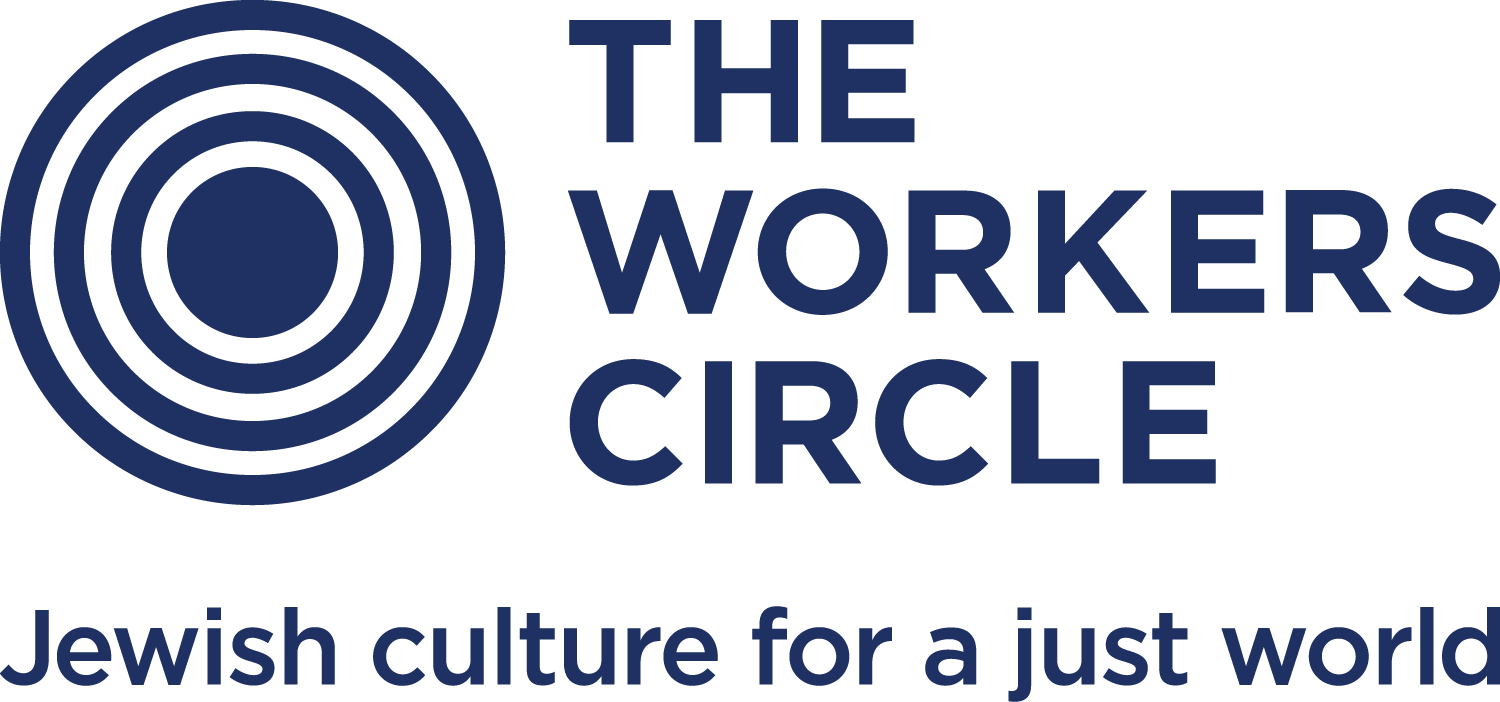Advanced with Leyzer Burko: Litvish Yiddish: Sunday: 12:00 – 1:30 PM: Oct. 27, Nov. 3, 10, 17, 24, Dec. 1, 8, 15, 22, 29
Sunday: 12:00 – 1:30 PM: Oct. 27, Nov. 3, 10, 17, 24, Dec. 1, 8, 15, 22, 29
Course Goals: This course will be a deep dive into the Litvak dialect, including some of its more exotic varieties. It will explore the sabes language; the curious Litvak four-gender system; the archaic dialects of western Latvia and Lithuanian; Belarusian and Lithuanian influences; and the contemporary Chabad and Jerusalemite varieties. The course will try to answer the questions: How did Litvak Yiddish become so different from Polish Yiddish? Why was the Litvak pronunciation regarded as more correct?
Course Tools: By Dovid Katz: interviews from the Lithuanian Yiddish Video Archive; Litvish: An Atlas of Northeastern Yiddish; Bible Translations into Lithuanian Yiddish; Yiddish Cultural Dictionary. Additional materials: Di hashpoe fun litvish afn yidishn dialekt fun Lite by Chatzkel Lemchen; Undzer litvisher yidish by Yudel Mark; interviews from the Language and Culture Atlas of Ashkenazic Jewry; Röyte Pomerantsen by Emanuel Olsvanger; interviews from the Corpus of Yiddish Spoken in Europe by Isaac Bleaman.
Additional Info: This course is taught entirely in Yiddish. No special knowledge required.
Sunday: 12:00 – 1:30 PM: Oct. 27, Nov. 3, 10, 17, 24, Dec. 1, 8, 15, 22, 29
Course Goals: This course will be a deep dive into the Litvak dialect, including some of its more exotic varieties. It will explore the sabes language; the curious Litvak four-gender system; the archaic dialects of western Latvia and Lithuanian; Belarusian and Lithuanian influences; and the contemporary Chabad and Jerusalemite varieties. The course will try to answer the questions: How did Litvak Yiddish become so different from Polish Yiddish? Why was the Litvak pronunciation regarded as more correct?
Course Tools: By Dovid Katz: interviews from the Lithuanian Yiddish Video Archive; Litvish: An Atlas of Northeastern Yiddish; Bible Translations into Lithuanian Yiddish; Yiddish Cultural Dictionary. Additional materials: Di hashpoe fun litvish afn yidishn dialekt fun Lite by Chatzkel Lemchen; Undzer litvisher yidish by Yudel Mark; interviews from the Language and Culture Atlas of Ashkenazic Jewry; Röyte Pomerantsen by Emanuel Olsvanger; interviews from the Corpus of Yiddish Spoken in Europe by Isaac Bleaman.
Additional Info: This course is taught entirely in Yiddish. No special knowledge required.
Sunday: 12:00 – 1:30 PM: Oct. 27, Nov. 3, 10, 17, 24, Dec. 1, 8, 15, 22, 29
Course Goals: This course will be a deep dive into the Litvak dialect, including some of its more exotic varieties. It will explore the sabes language; the curious Litvak four-gender system; the archaic dialects of western Latvia and Lithuanian; Belarusian and Lithuanian influences; and the contemporary Chabad and Jerusalemite varieties. The course will try to answer the questions: How did Litvak Yiddish become so different from Polish Yiddish? Why was the Litvak pronunciation regarded as more correct?
Course Tools: By Dovid Katz: interviews from the Lithuanian Yiddish Video Archive; Litvish: An Atlas of Northeastern Yiddish; Bible Translations into Lithuanian Yiddish; Yiddish Cultural Dictionary. Additional materials: Di hashpoe fun litvish afn yidishn dialekt fun Lite by Chatzkel Lemchen; Undzer litvisher yidish by Yudel Mark; interviews from the Language and Culture Atlas of Ashkenazic Jewry; Röyte Pomerantsen by Emanuel Olsvanger; interviews from the Corpus of Yiddish Spoken in Europe by Isaac Bleaman.
Additional Info: This course is taught entirely in Yiddish. No special knowledge required.


